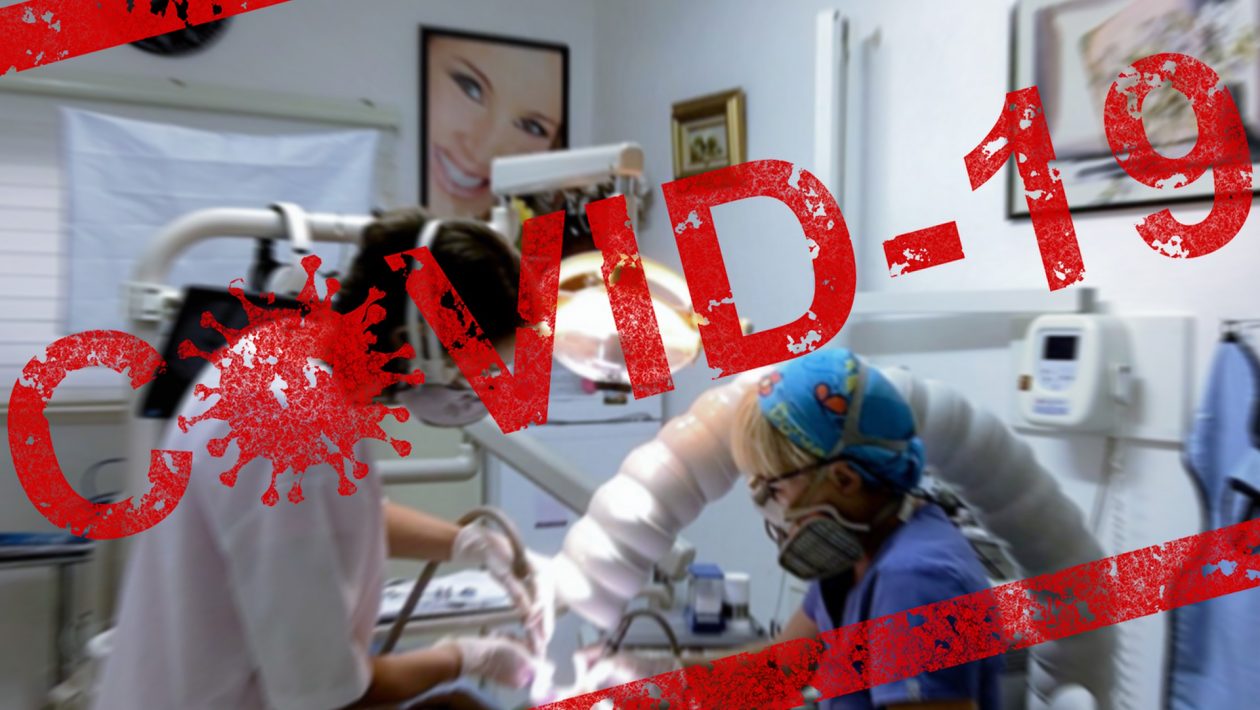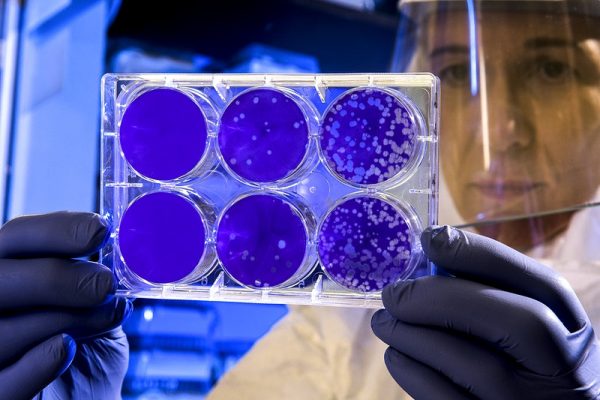Researchers who have studied 125 severe and hospitalized coronavirus patients found out that there are distinctive immune profiles. The “immunotypes” were different from each other and so the severity of the disease was also different. The study might help in developing novel therapeutics against COVID-19.
According to a study published in journal Science, the answer to whether there is any common profile of immune dysfunction in severe coronavirus victims remains unknown. Scientists, including Divij Mathew from University of Pennsylvania said that by localizing coronavirus patients on an immune topology map, they can infer what type of therapeutic interventions might be best used for specific patients. As of now, studies investigated on this is limited. Reporting is being done based on single patients or a smaller number of people.
Distinction the immune system pattern in severe coronavirus patients
As the coronavirus pandemic continues, scientists all across the globe are trying to investigate the possibilities of the immune response in humans fighting the disease. According to findings recorded so far and to connect immune features of coronavirus patients with clinical features of the disease, Divij Mathew and other researchers assessed that the cells of the immune systems among the 125 coronavirus patients. They did the test at two points during the first week of their hospitalization.
Researchers informed of using the method of flow cytometry. It is a process used for detecting and measuring the chemical and physical characteristics of the population of cells for assessing the victim’s immune cells. The study also recorded clinical data on the patient cohort.
When combining clinical data with flow cytometric, the study showed many key findings. It included the defining feature of coronavirus disease. In the patient group, there was a distinction in the immune response from one to another. It also showed that certain stable immune responses from patients kept changing with time in and maintained the same consistency.
Some researchers said that some of the patterns were like impaired activation of a part of their immune system. This is known as CD8 T cells that is associated with worse outcomes of the diseases. Scientists explained three different responses of the immune system associated with poor clinical trajectories against health improvement.
The immunotypes can reflect fundamental difference in many ways and that differs how one patient reacts to the SARS-CoV2 infection. Scientists believe that the findings provoke the concept of tailoring clinical treatments. More for the future of immune-based trials on patients whose immunotype reflects greater potential benefit.









